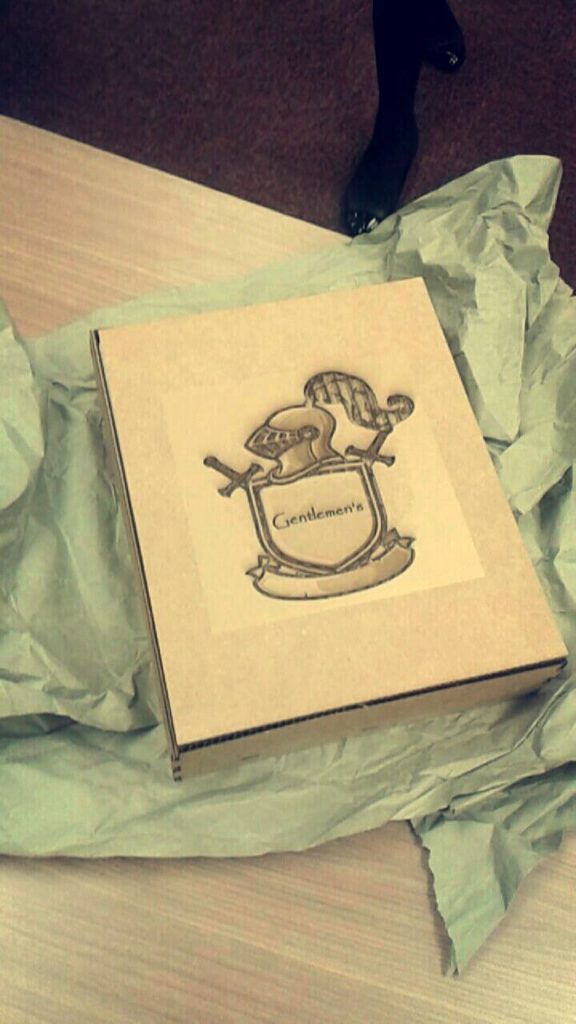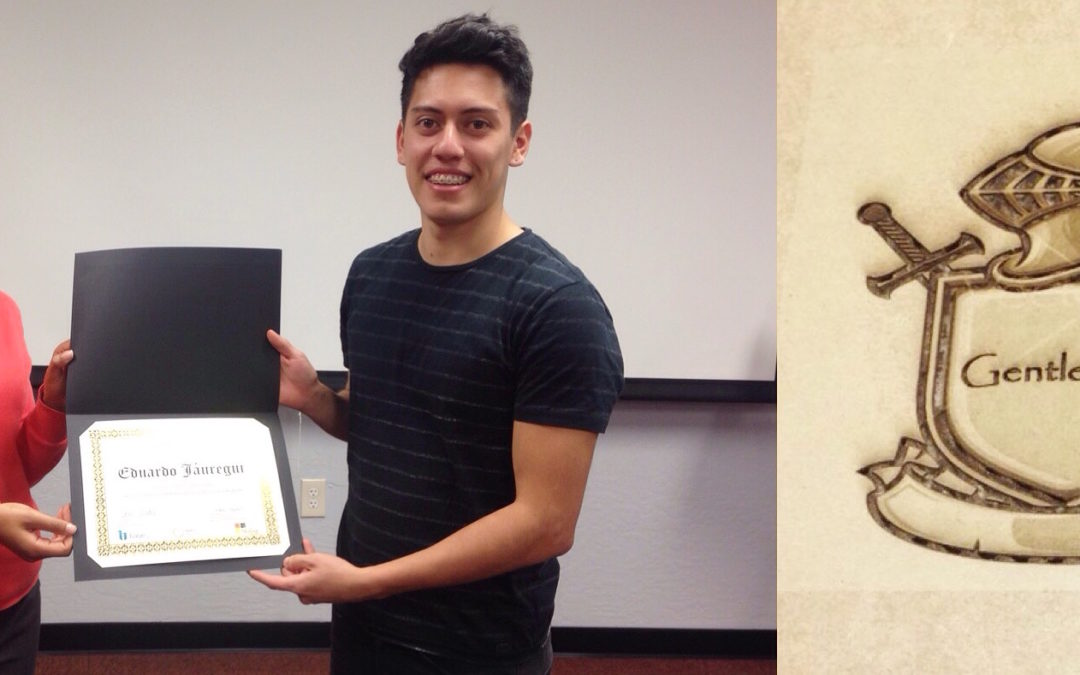Eduardo Jáuregui Gutierrez came to the U.S. with what he calls “a backpack full of dreams.”
A native of Lima, Peru Eduardo graduated in International Business and had a good job at a bank but felt he was missing something. Even as a child, he already had an entrepreneurial itch. He spent summers selling chicha, a traditional Peruvian juice, in the street. As he grew up, he became fascinated by Silicon Valley and the almost mystical energy there that had given rise to Steve Jobs, Elon Musk and Mark Zuckerburg.
While studying business in college, he competed in Google’s Online Marketing Challenge and was a member of one of the best teams in Latin America.
But the real turning point was when he took a semester abroad to visit his father, who lived in San Francisco. While in the Bay Area, his dad took him to fulfill his dream of visiting Silicon Valley.
“This visit was a turning point in my life, and led me to make important decisions,” he said. In 2015, after completing his bachelor’s degree, Eduardo hugged his mother and grandparents good-bye, and moved to the United States with his dad, determined to become an entrepreneur.
He is not alone. Immigrants start more than a quarter of new businesses in the U.S., according to Inc. And in 2015, one in every five CEOs of the biggest companies were immigrants.
But the path to such success isn’t always glamorous. Today, Eduardo works at two ice cream shops and holds two internships at Skyline College, where he is taking classes to improve his English. He is passionate about entrepreneurship and with the marketing skills gained through the Google Challenge he is determined to take on any adversity. “I have many plans, many goals and I am sure that with much work and humility I will achieve them.”
One day after class while he was visiting the Bay Area Entrepreneur Center, an incubator and accelerator for start-ups, he heard about a new STEM Entrepreneurship Program course being piloted on campus.
“Without hesitation I decided to take it, and I think it has been one of the best decisions I’ve made since coming here,” said Eduardo.
The class is designed to help students and community members develop their own product or service and gain the skills to bring it to market. The course curriculum was developed by Base 11 in collaboration with industry experts like Darren Hardy, the former publisher of SUCCESS Magazine, who has personally interviewed and studied many of the innovators that Eduardo admires.
Students in t he course also learn how to use the college’s Fab Lab, with tools like 3D printers and laser cutters that enable anyone to quickly prototype almost anything they can dream. The class was the first time Eduardo had been exposed to a makerspace with these types of tools and technologies.
he course also learn how to use the college’s Fab Lab, with tools like 3D printers and laser cutters that enable anyone to quickly prototype almost anything they can dream. The class was the first time Eduardo had been exposed to a makerspace with these types of tools and technologies.
“What I liked most about the class is definitely how dynamic and participatory it is,” said Eduardo. “We all have different points of view, either from our experiences, background or theories, and this makes the class more interesting.”
Each member of the team takes on a role for the business. In this case, Eduardo serves as CEO on a team to create a business plan around a “gentleman’s box” — a subscription-based delivery of personal care products for men. His teammates include a Skyline employee and a community member. The team designed and built the box using equipment in the Fab Lab.
“The STEM Entrepreneur Program is directly aligned with our mission to help students learn the ins and outs of business and to be able to innovate and solve problems,” said Terri Wade, Business & Marketing Consultant for the Bay Area Entrepreneur Center and instructor for the course at Skyline College.
She says she’s enjoyed watching Eduardo gain confidence and get more focused in his business goals through the program. Next semester, he plans to join the center’s start-up incubator program.
In addition to creating a successful start-up in his adopted country, Eduardo dreams of giving back to his homeland. “I plan to develop a social enterprise in Peru to bring electric light to low-income people,” he said. “It is important that children have access to things like electricity, internet, and water so that the locality can be developed, and with it the whole country.”
For now, he plans to find funding for his project and continue his English classes to gain confidence in pitching.
“Knowing this place,” he says, referring to San Francisco, “inspires me to keep working hard and not stop dreaming big.”
If you’re interested in applying for Base 11’s STEM Entrepreneur Program at a participating campus, click here. If you’re interested in bringing the program to your school, contact [email protected].

